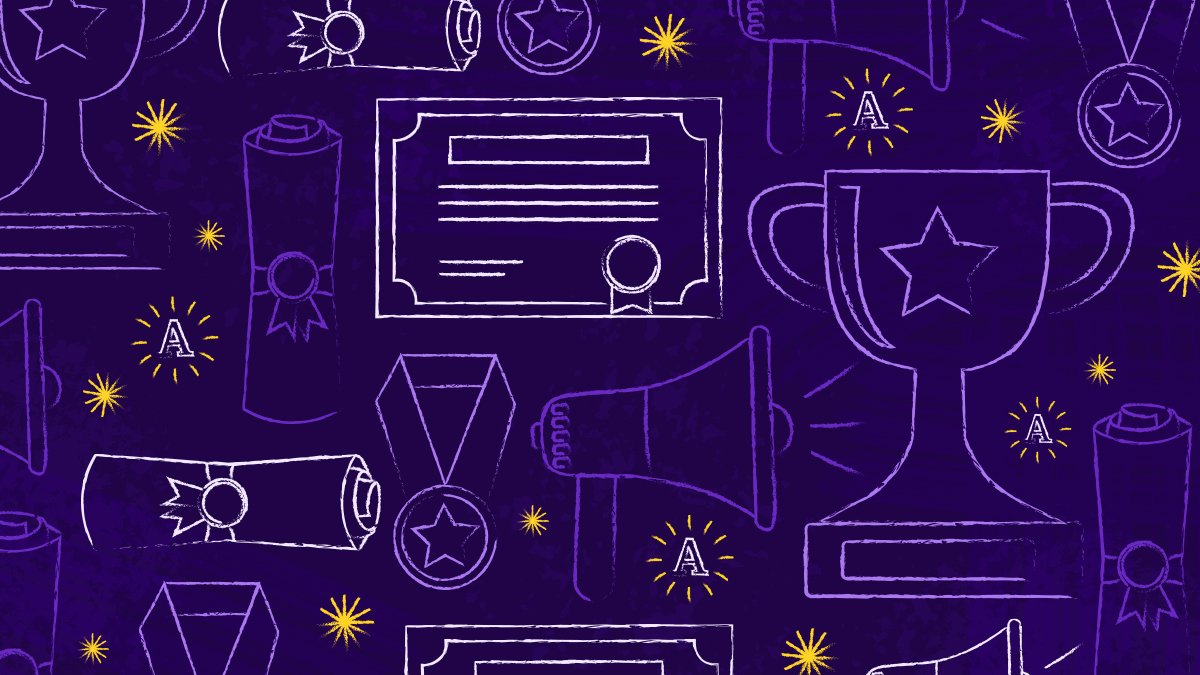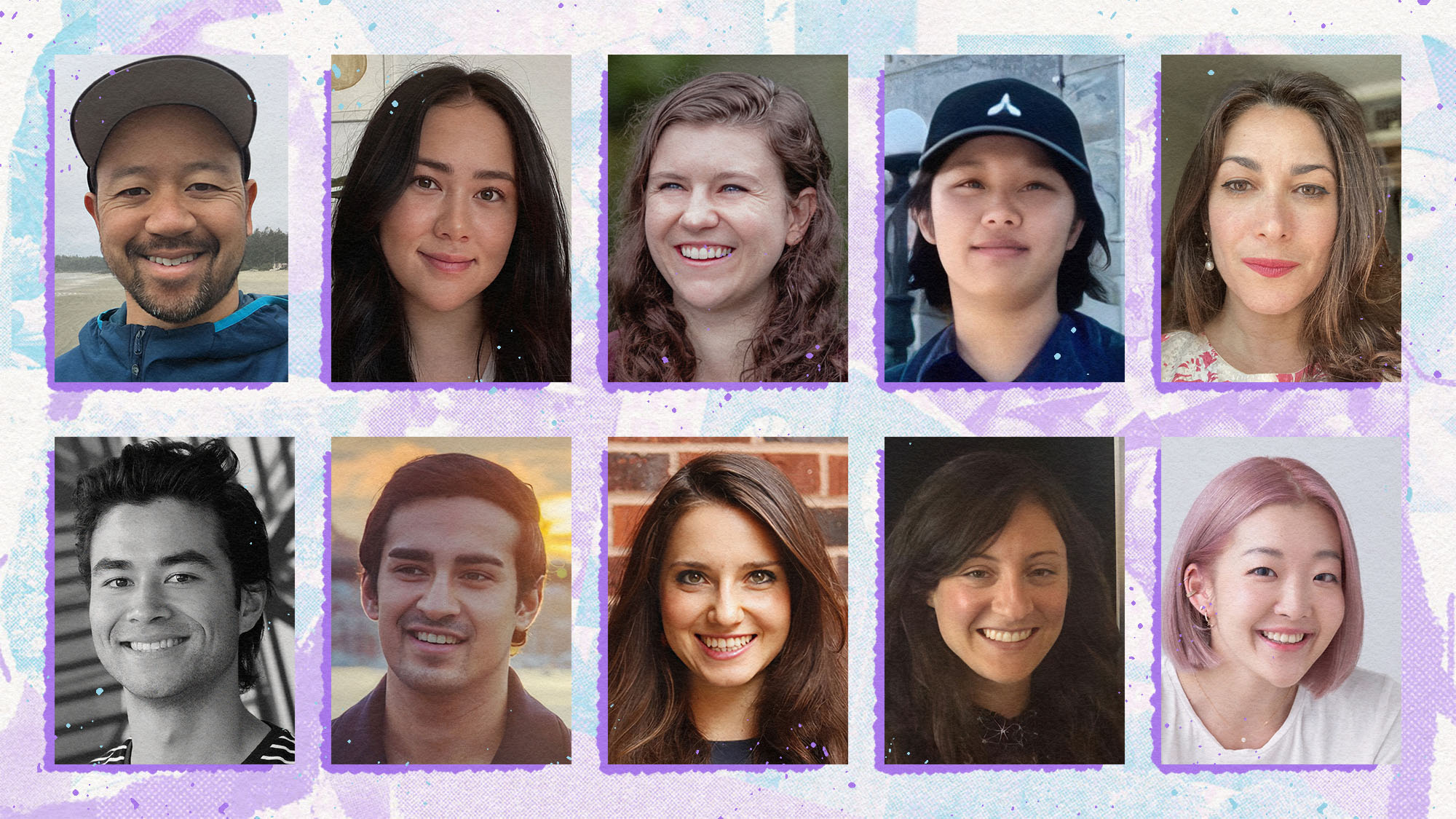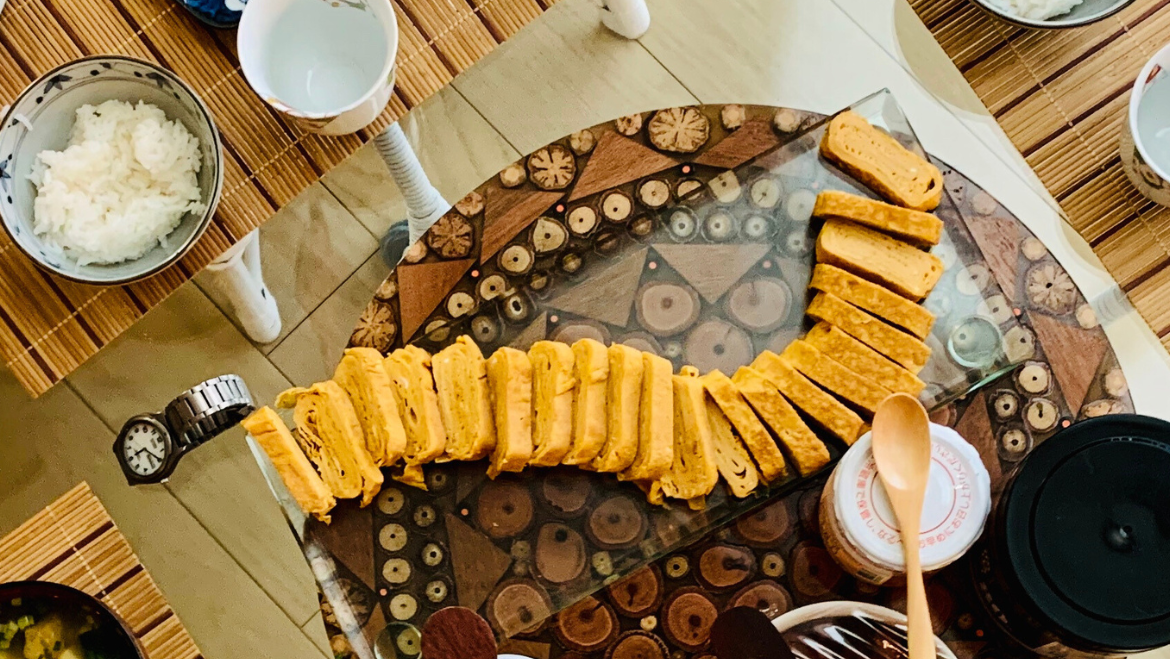

The 2023-24 Community-University Engagement Support Fund (CUES) has funded eight collaborative projects between community organizations and the Faculty of Arts.
This year’s projects focus on diverse community needs, spanning food security, Indigenous fisheries, cultural heritage, mental health support, housing accessibility, language empowerment, kinship care, and sustainable partnerships.
The CUES Fund supports partnerships that benefit communities and advance collaborative research, teaching, and learning across the province. Paid directly to community partners, CUES funding reduces financial barriers and prioritizes reciprocal, inclusive engagement so all communities — especially those that have been and continue to be underserved, marginalized, or excluded — can benefit.
Congratulations to all the recipients! Learn more about the funded projects below.
Assessing and Enhancing Food Security Among New Immigrants: A Community-Engaged Approach
- Community partner: Dr. Godwin Ude, Kingdom Acts Foundation
- Faculty: Dr. Calisto Mudzingwa, African Studies Minor Program
The Kingdom Acts Foundation’s project, “Assessing and Enhancing Food Security Among New Immigrants,” focuses on addressing food security in new Black African immigrant communities. Objectives include mapping food security landscapes, developing evidence-based interventions, and guiding policy recommendations. Utilizing Participatory Action Research and qualitative data collection methods, the project collaborates with community-based organizations to investigate challenges in accessing local food systems and culturally specific foods. Integration of cultural viewpoints ensures a holistic understanding of new immigrants’ diverse needs. The Foundation remains dedicated to actively improving their food security and well-being.
Exploring K’omoks Long-term Indigenous Fishering and Management Practices for Herring and Salmon
- Community partner: K’ómoks First Nation
- Faculty: Dr. Camilla Speller, Department of Anthropology
The K’ómoks First Nation (KFN) has historically managed herring and salmon resources, facing recent challenges from commercial fishing, regulatory restrictions, and ecological impacts. Partnering with UBC researchers, this project explores the long-term impacts on fish populations. By combining traditional ecological knowledge with archaeological data, the project documents past Indigenous fisheries and stewardship. Community consultation and knowledge exchange foster respectful relationships and integrate Indigenous and Western science. The collaborative research aims to address KFN’s questions regarding the loss of specific salmon and herring populations, supporting ongoing Indigenous rights and title negotiations.
Recipes from the Neighbourhood House: Celebrating Food Heritages of the Downtown Eastside
- Community partner: Maria Gaudin, Downtown Eastside Neighbourhood House
- Arts faculty: Dr. Kerry Greer, Department of Sociology
This collaboration between the Downtown Eastside Neighbourhood House (DTESNH) and UBC’s Urban Ethnographic Field School (UEFS) aims to produce a Community Cookbook that celebrates the rich food heritage and culinary creativity in the DTES. UEFS, known for its community-based methodologies, provides intensive ethnographic research training and volunteer fieldwork placements. Since 2010, UEFS students have been actively involved with DTESNH. Through this partnership, UEFS students will act as community-based researchers, collecting stories and recipes from DTESNH’s food justice programs. This initiative supports student learning, community advocacy, and social justice-oriented research, fostering cultural exchange and community well-being.
Roots Mental Health for Low Income Parents and Caregivers
- Community partner: Viveca Ellis, Centre for Family Equity
- Arts faculty: Dr. Lea Caragata, School of Social Work
The Centre for Family Equity (CFE) identified a need for innovative, community-based mental health support among its 350+ membership of single parents living in poverty during its annual listening community engagement campaign. This led to Roots, a project initiated following a UBC – CFE research project on the pandemic’s impact on low-income lone-parent families. Roots establishes two group therapy cohorts led by clinical counsellors, utilizing a nature-based healing modality to support therapeutic healing, recovery, and coping. This program aims to address the mental health needs of low-income mothers who face barriers to accessing support. Through a community-driven learning exchange, Roots will co-create its development with members, focusing on innovative solutions to meet the needs of racialized, Black, Indigenous, and 2SLGBTQIA+ lone mother-led families.
Short-term Housing Initiative
- Community partner: Modupe Bankole-Longe, Hogan’s Alley Society via Multilingual Understanding and Shared Education Society (MUSE)
- Arts partner: Olaitan Ogunnote (PhD student), Vancouver School of Economics, UBC Black Graduate Student Network
With Vancouver’s low vacancy rate of 0.6% in 2015, finding affordable and safe housing near the UBC Vancouver campus poses a significant challenge for students, particularly for marginalized groups like International Black Graduate Students (IBGS). To address this issue, the UBC Black Graduate Student Network (BGSN) and Hogan’s Alley Society (HAS) will collaborate on a homestay program. This initiative aims to provide short-term housing for IBGS upon their arrival, alleviating their housing struggles and facilitating their cultural and academic transition to UBC and Vancouver. Additionally, the partnership will compile a report, gathering insights from questionnaires, focus group discussions, and in-depth interviews with IBGS, host households, and stakeholders, contributing valuable knowledge to address housing challenges for marginalized student groups.
“Speaking our Mother Tongue Makes Us Stronger”: Empowering Heritage Language Teaching and Learning Through the Cultural-Creative Performative Arts
- Community partner: Erie Maestro, National Pilipino Canadian Cultural Centre (NPC3) Society
- Arts faculty: Dr. Leonora Angeles, Institute for Gender, Race, Sexuality and Social Justice
This project harnesses the creative talents, artistic skills, and social networks of its community partner, the National Pilipino Canadian Cultural Centre (NPC3), to pilot and develop a community-based Philippine Heritage Language Training and Literacy Program. Led jointly by NPC3 and UBC advocates, the initiative seeks future collaboration with the Asian Studies & Asian-Canadian Asian Migration Programs. NPC3’s diverse arts projects have been instrumental in critical-creative studies of Philippine cultures, histories, languages, and institutions. Recognizing the importance of strong mother-tongue proficiency for immigrants’ well-being, the project aims to enhance the capacities of Filipinos in Vancouver by: piloting interactive heritage language teaching and learning, facilitating language skills acquisition through Philippine artistic forms, organizing curated variety shows at the Pacific Theatre to showcase learners’ progress, and developing a preliminary Philippine Language curriculum for UBC Faculty of Arts.
Strengthening Kinship Care in British Columbia (BC): Leveraging Research and Advocacy for Comprehensive Supports for Children, Youth, and Families
- Community partner: Shari Monsma, Fairness for Children Raised by Relatives Association
- Arts faculty: Dr. Barbara Lee, Centre for the Study of Services to Children and Families, Faculty of Arts, UBCV
The Fairness for Children Raised by Relatives Association (F4CRR), established in 2021, represents kinship caregivers, including grandparents, aunts, uncles, and others, raising relatives’ children in BC. Partnering with the UBC Centre for the Study of Services to Children and Families (CSSCF), F4CRR aims to develop and implement an advocacy strategy. Through evidence-based research, they identify service gaps affecting kinship families and propose calls-to-action for equitable support. This collaboration bridges academia and real-world application, enhancing university-community capacity for applied research with social impact. By leveraging the strengths of both organizations, they strive to empower kinship caregivers, improve children’s well-being, and advocate for fair and inclusive family support in British Columbia.
Tending Together
- Community partner: Sarah Common, Hives for Humanity Society
- Arts partner: Rodrigo dos Santos (PhD Student), School of Information
Tending Together seeks to forge enduring connections across unceded lands, linking the DTES Healing Garden, the UBC Farm, and three Sovereign Indigenous Gardens. Through shared activities like foraging, tending gardens, and redistributing medicinal plants, this project fosters collaboration between UBC and DTES garden networks, alongside Knowledge Keepers. By facilitating practice-based gatherings, it strengthens bonds between communities and the land, enabling cultural and inter-generational knowledge exchange. Hives for Humanity, with its extensive engagement in DTES communities, collaborates closely on this initiative, organizing monthly gatherings to deepen connections through plant-based activities from April to November 2024.
About CUES
Since its inception in 2018, the CUES Fund has awarded $3,215,900 to 142 community-university partnerships, engaging UBC partners from 18 faculties across both Vancouver and Okanagan campuses.


